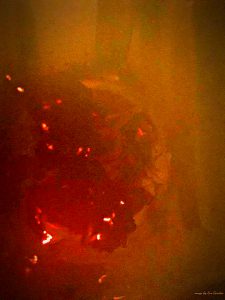Environmentally Friendly Fire Fighting Products, Cost Effective Extinguishers, Foam Suppressants
 Chemical plants pose a great risk when it comes to fires and blasts, in fact they present more of a threat than nuclear plants, as they can produce extremely intense explosions. This is due to the presence of chemicals like petroleum, as anybody who has foolishly tried to boost a barbecue or bonfire with this type of substance will agree.
Chemical plants pose a great risk when it comes to fires and blasts, in fact they present more of a threat than nuclear plants, as they can produce extremely intense explosions. This is due to the presence of chemicals like petroleum, as anybody who has foolishly tried to boost a barbecue or bonfire with this type of substance will agree.
More than 22,000 non-residential fires are reported each year in the UK, with a significant number occurring in the workplace. The consequences of this are loss of life, injury, post traumatic stress disorder, destruction of premises and loss of business. Fire and blast protection systems are crucial in this kind of environment, if disaster and injury are to be averted. It is also essential that all staff frequenting the premises, are aware of safety procedures, and report any potential hazards. Many of the past incidences of petrochemical fires could have been easily avoided if those working in the environment had known what to look out for.
By their very nature these fires are usually large, complex and difficult to subdue, due to there being a continual source of combustible fuel available. In these surroundings, knowledge of ignition risks and how a fire is likely to spread are especially helpful. A major cause of fires in these settings is combustible dust, which can be produced by a vast range of processes including chemical manufacturing, pharmaceuticals, woodworking, metalworking and food processing. In fact just about everything can create some form of dust with the potential to cause a hazard.
Any work which produces sparks, such as welding, torch cutting, heating and soldering has immense potential to cause a blast or fire. Flammable liquids and gasses such as acrylic acid, crude oil and other volatile substances are dangerous if not treated with due care and attention. Machinery and equipment that is not maintained sufficiently creates a risk, making regular inspection and cleaning imperative. Another significant cause of fire in this type of workplace is electrical malfunction, which again calls for stringent checks.
Fire prevention training and the establishment of emergency procedures are extremely important in petrochemical plants to ensure the safety of all.
